Analysis of the Function and Machining Process of Marine Connecting Rods



| Product name: | Analysis of the Function and Machining Process of Marine Connecting Rods |
| Keywords: | Marine connecting rod, connecting rod function, machining process, marine engine, forging heat treatment, hole machining, non-destructive testing |
| Industry: | Mechanical and electrical - Automation industry |
| Process: | Forging - Die forging |
| Material: | Alloy steel |
Processing manufacturer
- There are 36 manufacturers that provide similar products
- There are 132 manufacturers that provide this processing technology
- There are 81 manufacturers that provide this material processing service
- There are 101 manufacturers that provide this industry processing service
Product details
The connecting rod in a ship connects the piston and crankshaft, converting the linear motion of the piston into the rotational motion of the crankshaft, thereby outputting power. It bears huge alternating impact loads, tensile and compressive stresses, and bending stresses, so its strength, toughness, and fatigue performance are extremely high.
Its machining process is complex and precise. First, high-quality alloy steel is used for die forging to obtain dense fiber streamlines. The main processing steps include: rough and fine boring of the big end hole and the small end hole to ensure the parallelism and center distance accuracy of the hole system; high-precision milling and grinding of the joint surface; drilling and reaming of the bolt holes; and overall stress relief treatment and surface polishing. Finally, strict non-destructive testing such as magnetic particle inspection is required to ensure that there are no internal defects and to ensure reliability and long life under harsh working conditions.
Previous article : Machined Products - Drill Bushing
Similar products
More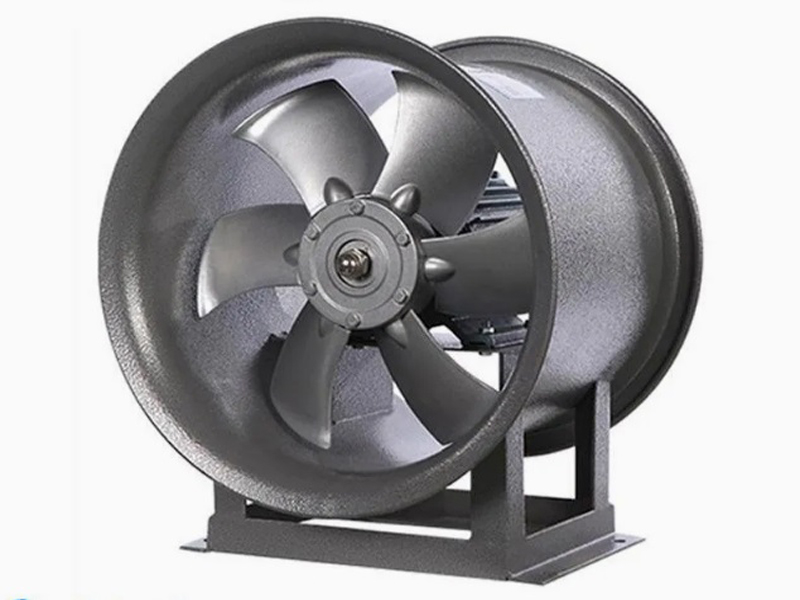
What are the machining processes used for processing axial fan housings
- Process : Sheet metal - Welding
- Material : Carbon steel
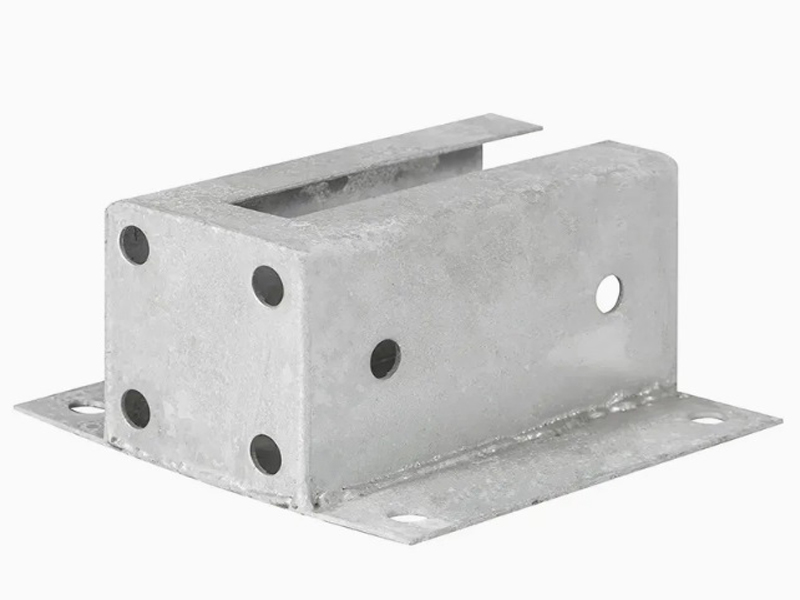
Machining Process Analysis of Carbon Steel Fixed Anchor Plates
- Process : Machining - CNC milling or milling machining
- Material : Carbon steel
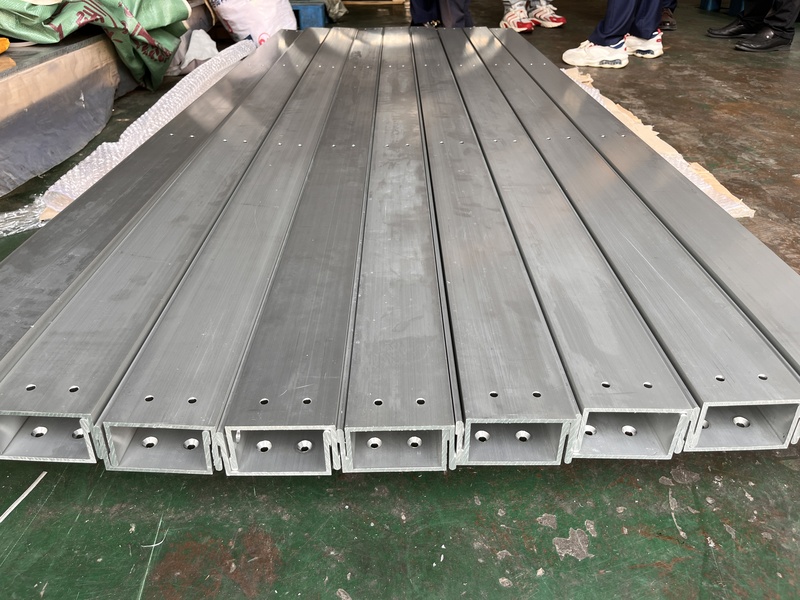
Precision Machining of U-Steel Profiles for Building Applications
- Process : Stamping - General stamping
- Material : Aluminum
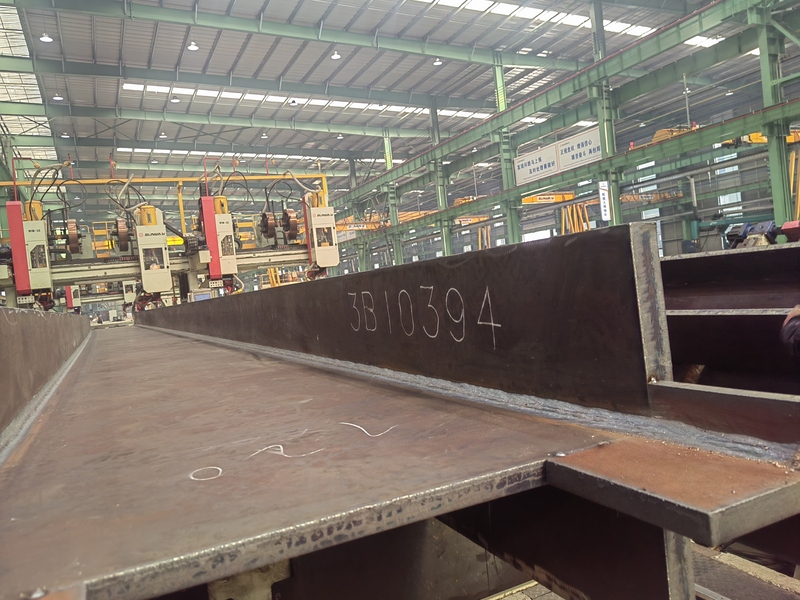
Custom Fabrication of S355JR Welded H-Beams for Construction Projects
- Process : Sheet metal - Welding
- Material : Carbon steel
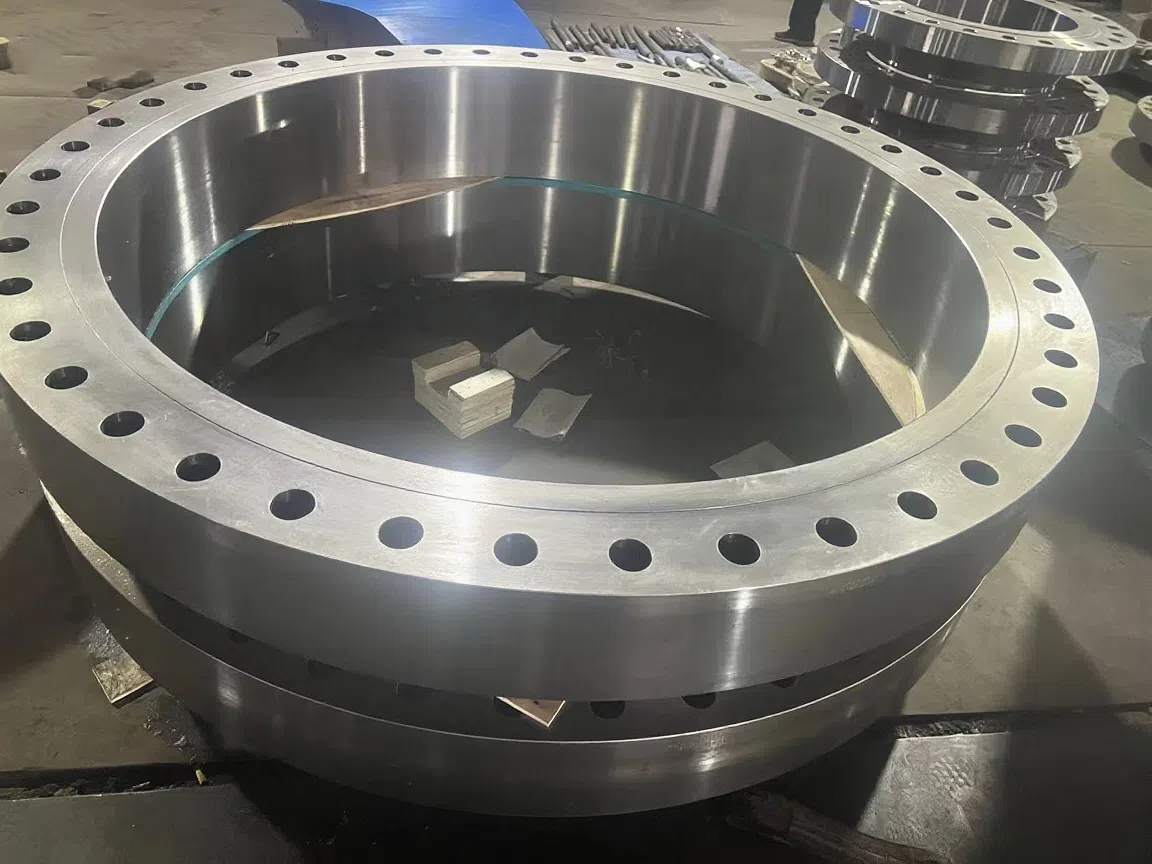
Heavy-Walled Flange Milling-Turning Machining and Flaw Detection
- Process : Machining - Turning Milling compound
- Material : Alloy steel
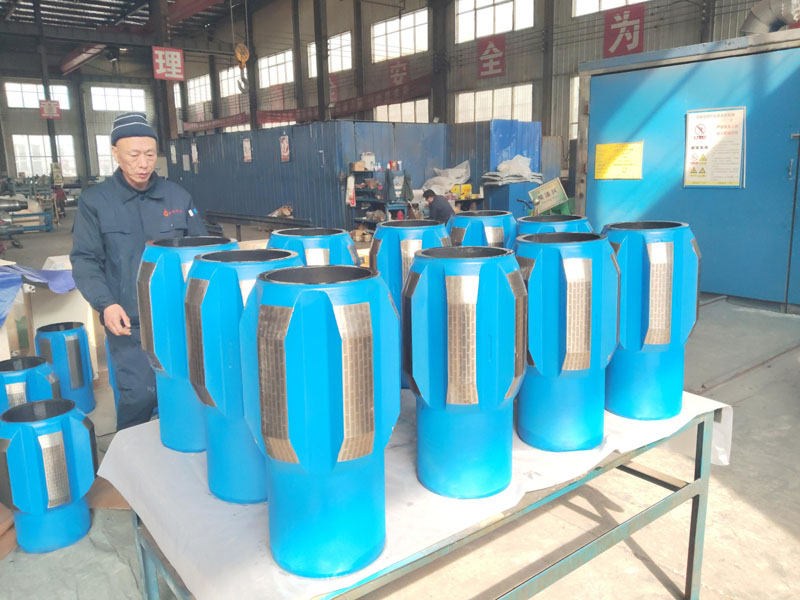
Drill Stabilizers Applied in Oil Drilling Platforms
- Process : Machining - Five-axis machining
- Material : Alloy steel
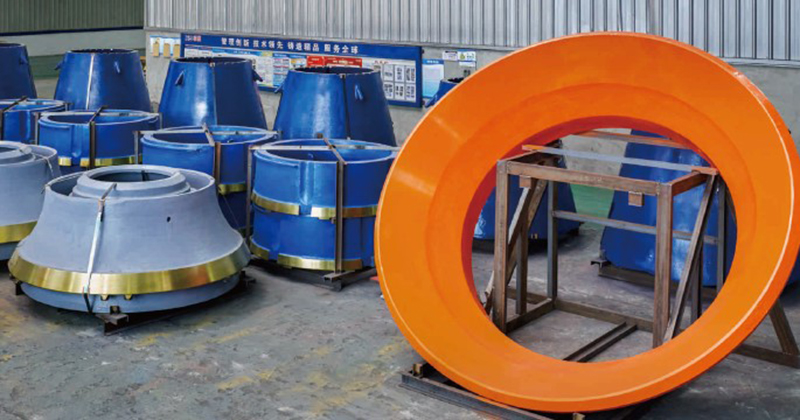
Cone Crusher Mantle
- Process : -
- Material :
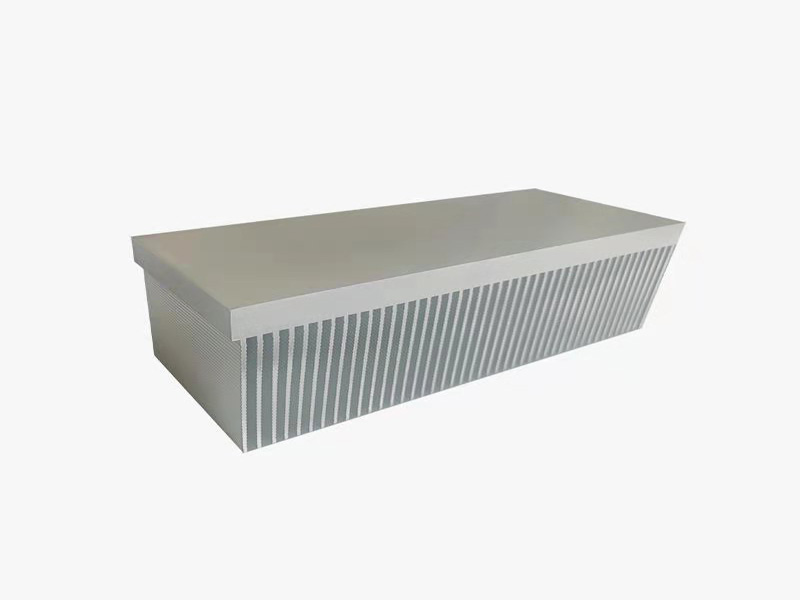
Innovative skiving technology: Breaking through the bottleneck of high-density heat dissipation technology
- Process : Surface treatment - Others
- Material : Alloy steel
More products
More
What are the machining processes used for processing axial fan housings
- Process : Sheet metal - Welding
- Material : Carbon steel

Machining Process Analysis of Carbon Steel Fixed Anchor Plates
- Process : Machining - CNC milling or milling machining
- Material : Carbon steel

Precision Machining of U-Steel Profiles for Building Applications
- Process : Stamping - General stamping
- Material : Aluminum

Custom Fabrication of S355JR Welded H-Beams for Construction Projects
- Process : Sheet metal - Welding
- Material : Carbon steel

Heavy-Walled Flange Milling-Turning Machining and Flaw Detection
- Process : Machining - Turning Milling compound
- Material : Alloy steel

Drill Stabilizers Applied in Oil Drilling Platforms
- Process : Machining - Five-axis machining
- Material : Alloy steel

Cone Crusher Mantle
- Process : -
- Material :

Innovative skiving technology: Breaking through the bottleneck of high-density heat dissipation technology
- Process : Surface treatment - Others
- Material : Alloy steel